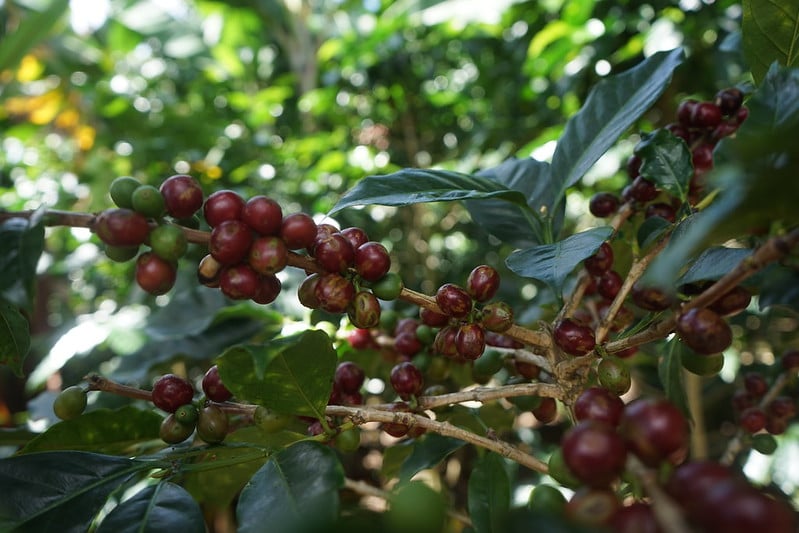Dragged down by gang criminality and subsidies from a government lacking in legitimacy, the Haitian economy is now on the verge of imploding in the aftermath of the war in Ukraine.
The global rise in fuel prices comes at the worst time for the island’s authorities: the increase in rates at gas stations that it ordered in December has not yet been digested by the population.
In Haiti, this strategic market is regulated by the State. To buy social peace, successive governments generally avoid touching this sensitive file.
Before December, the previous increase in fuel prices dated from May 2017.
But for six months, the liters of gasoline and diesel cost respectively 56 cents and 78 cents of euros for the consumer.
– Unsustainable subsidy –
And the burden of repaying the difference to the oil companies that import and sell in Haiti has become too heavy for the authorities with the jump in prices caused by the conflict in Ukraine.
“This year, fuel subsidies increased by more than 200%”, which adds up to “around 18,000 million gourdes”, that is to say about 153 million euros, specifies the economist Kesner Pharel.
This amount, which represents twice the funds allocated to the Ministry of Health, does not solve anything in terms of misery for the 60% of Haitians who live below the poverty line.
“That does not help in the social plan because it is a general subsidy: it does not target the most disadvantaged people,” Pharel analyzes.
“In December a mechanism was evoked to support the (…) public transport sector but, until now, it has not been done due to a lack of efficiency by the State,” he laments.
And since the island country imports five times more food than it exports, the increase in shipping costs exacerbates inflation, which already exceeded 25% at the beginning of the year.
“We are going to suffer from imported inflation because our main trading partners, the United States and the Dominican Republic, now also have strong inflation: we could reach 30% this year,” Pharel warns.
The specter of the 2008 hunger riots hangs over Haiti as wheat prices also rise due to the invasion of Ukraine by Russia, two of the world’s leading wheat producers.
– Flour 30% more expensive –
“This is beginning to affect the entire production of industrial goods derived from wheat in Haiti, such as flour or pasta, which have already seen, since the war, an increase of more than 30%”, highlights the economist Etzer Emile, who recalls that Haiti imports twice as much rice, wheat and corn as it produces locally.
While Haitian households spend 60% of their income on food, according to the National Institute of Statistics, food insecurity already affected 4.5 million inhabitants of the country, before the start of the war in Europe.
“This morning for breakfast, the children asked for bread, but we couldn’t buy it: although they don’t like it very much, we replaced it with cassava cookies,” says Michele, who lives in Port-au-Prince with her mother, sister and three nephews.
“We can’t buy as much rice as before. In fact, now we don’t have any more and we are thinking about whether to buy it again or not,” the young woman confesses.
These economic challenges come as the gangs, who have gained territory, extort money from the population through daily kidnappings, carried out mainly in the capital.
– Entrepreneurs flee to the Dominican Republic –
Through extortion of the industry, the gangs have become yet another obstacle to awakening the Haitian economy, in recession since 2019 and which could grow by only 0.3% this year, according to optimistic government forecasts.
“More and more companies in difficult areas, with great violence, are closing their shops and leaving more people unemployed”, notes Etzer Emile.
This economic collapse of Haiti widely benefits the neighboring country.
“Dozens and dozens of Haitian businessmen have migrated to the Dominican Republic and here, in Haiti, they only keep their companies afloat,” notes Grégory Brandt, president of the Franco-Haitian Chamber of Commerce and Industry, sadly.
“In fiscal year 2021-2022, Haitians have invested 250 million dollars in the Dominican Republic,” laments the businessman.



